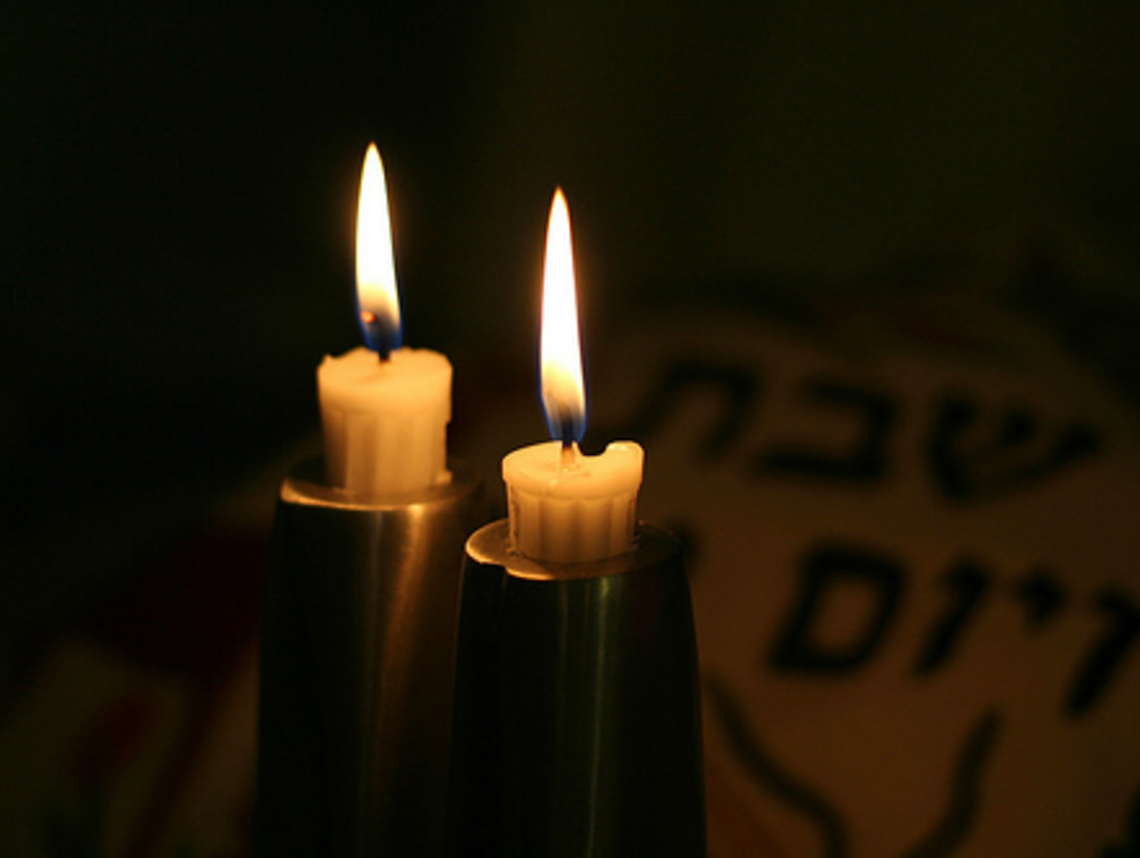
How does one tell the leaders of a Jewish community that there’s not much they can look forward to achieving? It’s possible that one just doesn’t tell them. And if one does, one does it delicately – projecting optimism even when there is none, or little.
Reading the newly released Jewish community study of the Bay Area I could not avoid thinking about the complicated task befitting its authors, Professor Steven M. Cohen and Dr. Jacob B. Ukeles. Did they say to the leaders of the Jewish Federation: keep your expectations down? I assume they did not. At least, not in such blunt way. Still, the way I see it, this is the story their study of the fourth largest Jewish community in the United States – following New York, southeast Florida and Los Angeles (or maybe fifth? The newly released Washington study makes such claim) – tells these leaders. Or as the authors framed it: the story of “a relatively small, highly engaged affiliated population [that] is offset by a much larger unaffiliated population that is substantially less engaged”.
Well, you might say: make these missing Jews more engaged. Good idea. But what if they have no, or just very little, interest in being engaged? Almost half of Bay Area Jews (43%) are “unaffiliated”. And as you’d expect, few of them are Jewishly active, few of them attach special importance to being Jewish. The “marginally affiliated” are not much different. They are another 22% of Bay Area Jews. The two groups of Jews that show high commitment to Judaism – “highly engaged” and “activists and leaders” – are merely 17% of the community.
Do these unaffiliated Jews have “interest in increasing” their “connection to being Jewish”? The sobering truth is that they don’t – hence, the need for realistic expectations. The study divides all Jews into three types: Jewish couples, intermarried couples, and singles. In all three groups the percentage of those “very interested” in increasing their Jewish connections is low: 17%, 9%, 14%. The percentage of the “somewhat interested” is higher – close to half of all Jews. And of course, this could be a cause for slight optimism. Or (in my case) a cause for thinking that people just want to be polite and prefer the mild “somewhat” to the ultimate “no”.
Why aren’t Jews interested? The study doesn’t give an answer to this question. But it does eliminate a few options. The most important of which: it is not because they do not feel “welcome” in the community. Those days of arguing that certain Jews – be it intermarried couples, or LGBT Jews, or Jews of color – do not engage because of community rejection are over. Only 2% of the intermarried couples said that they feel unwelcome. Only 5% more said they feel “somewhat unwelcome”. So the fact that only 26% of these couples raise Jewish children is not due to rejection. It is because of something else. Probably, their lack of interest in being Jewish.
25% of Bay Area Jewish households include a member “who is Hispanic, Asian-American, African-American, or of mixed or other ethnic or racial background (other than white)”. The community is diverse, it is more educated than other Jewish communities (42% have a graduate degree – this was, to me, the most tantalizing fact included in this study!), it is highly mobile – most Jews in the area just arrived or are planning to move in the coming years. Mobility is obviously a challenge for institutions that seek engagement. Diversity is another way of saying that the rate of inter-group marriage is high – a fact that highly impacts the level of Jewish engagement. Education probably means that Jews are not engaged not because of lack of awareness.
There are 350,000 Jews in the Bay Area, and most of them are not interested in being active Jewishly. The tools for making them more engaged are self evident. If they belong to a synagogue, if they have Jewish friends, if they marry Jewish, the intensity of their Jewishness will be much higher – 96% of Jewish couples say they raise Jewish children. Alas, convincing them to join a synagogue, or to marry Jewish, is a tough task. It is tough because there needs to be motivation that precedes convincing. There needs to be a glimpse of want, a shred of interest.
Maybe the smart leaders of the Bay Area Jewish community will find a way to rekindle the interest of the many unengaged Jews. Maybe there is no point in telling them to keep their hopes down. What can they do with such recommendation? What can we do with such conclusion?
—–
Here are some more numbers from the Jewish Bay Area study.






















 More news and opinions than at a Shabbat dinner, right in your inbox.
More news and opinions than at a Shabbat dinner, right in your inbox.